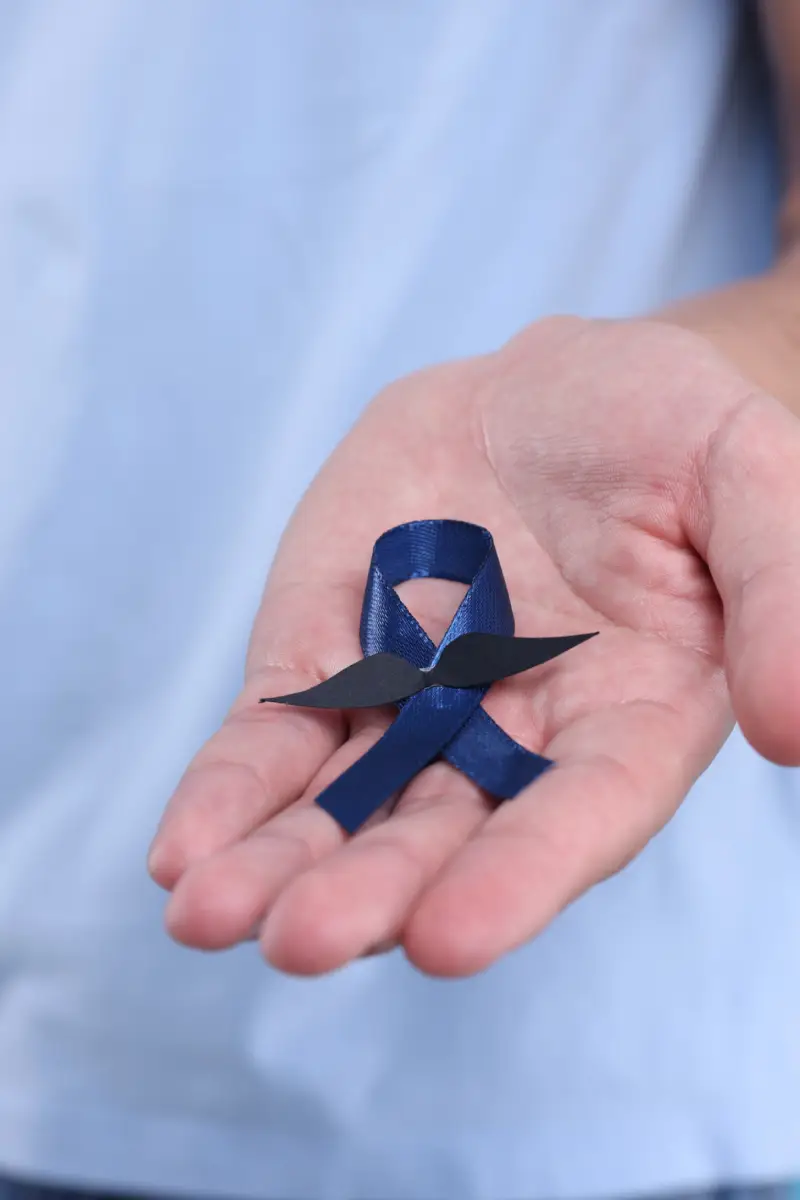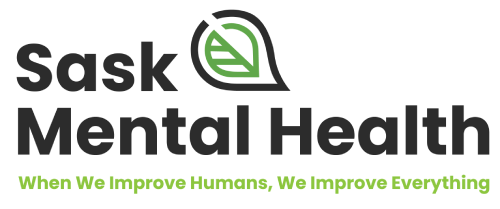Workshops
Transforming lives through accessible mental health workshops.
Mental Health First Aid (Virtual or In-Person)
Unlock the power of support with Mental Health First Aid Essential- 1-day or MHFA Certificate- 2-day, designed to equip you with the essential skills to identify, understand, and assist those experiencing mental health challenges.
Whether you’re a manager, educator, or community leader, this hands-on, expert-led training will provide you with the confidence to offer initial help in a crisis, while reducing stigma and fostering a compassionate environment.
Learn how to spot early warning signs, de-escalate tough situations, and connect individuals with professional help, you’ll be making a meaningful difference in creating safer, more supportive spaces for everyone.
Certified by the Mental Health Commission of Canada
Available for both Virtual or In-Person workshops over 1 or 2 days.


The Mind & Body At Work- (Virtual or In-Person)
A 7 Module workshop for enhancing knowledge and skills related to mental health in life, relationships, and the workplace. Participants gain sought-after skills to enhance personal wellness and to support those around us.
7.5 hours in either 1 day In Person or Virtual or over the course of multiple sessions if delivered virtually
The Modules Covered are below, and a customizable with options for deeper dives on Anxiety, Depression, Suicide, Coping with Life, or the Current Climate (Change and Transition) can be provided on request.
1. What’s In Your Mental Health Toolbox
2. Dismantling STIGMA from The Ground Up
3. The Three D’s of Mental Health
4. 4-Pillars of Resilience
5. How Trauma and Memory Play into our Mental Health
6. The Frailties of Power, Trust, and Communicating about Mental Health
7. Who’s Responsible for Your Mental Health?
Crisis Event Response Team Training (Virtual or In-Person)
When your Crew, Team, or Staff experience an intense event, it may be a potentially traumatic event (PTE). This is the time to take the best care of your team.
The best care includes bringing them together for a Defusing to ensure they retain or regain wellness as they move through adaptive recovery.
CERT Training is delivered to Front-line workers, Rescue Team members, First Responders, HR professional, Counsellors and Therapists, Mental Health Champions within a company or organization, & Lay providers. all who become part of a Crisis Event Response Team.
A 7 Hour workshop delivered in 1 day.
- How a person exposed to a Crisis Event may respond cognitively, physically, behaviourally, and emotionally
- Learning the strategies for processing the potentially traumatic event
- How to access support that frequently starts with personal support and may require professional support
Gain the skills, knowledge, and insights of how an effective Defusing conversation happens both as a participant and in a facilitation role.


Mental Health Before, During, and After a Potentially Traumatic Event (Virtual or In-Person)
Available in x Formats
In this Workshop, we discuss the best mechanisms to prevent a responder from experiencing distress or a psychological injury is to be prepared in the weeks, months, and years before exposure to a PTE (Potentially Traumatic Event).
Over the course of 3 Modules, we look at the best practices for handling and coping with trauma or potential trauma before the event, during the event, and after the Event. With group scenarios to practice how we can identify the risks both for ourselves and our coworkers and teammates in all stages of responding to a Potentially Traumatic Event.
What we can do best to safeguard our mental health ahead of time, signs and symptoms of a traumatic event, things that may develop after a PTE, and enhancing our Emotional Regulation as an insulator.
Resilient Communities Need Resilient People (Virtual or In-Person)
Available in 60/90/180-minute formats
In this workshop, we work to understand what resilience is, how to improve our own resilience, the factors that can weaken it, and ways to strengthen it.
Insulating our resilience through emotional regulation and exploring our unique explanatory styles to define ourselves within the ideas and terms of society.
Changes in society and the workplace often negatively affect resilience. We develop tools to deal with the unending changes and strategies to recognize diminishing resilience in self and others, while ultimately learning how to strengthen our own resilience.


Suicide Awareness, Prevention, and Intervention (Virtual or In-Person)
Available in 60/90/180-minute formats
Join us for an insightful and supportive workshop where we’ll explore the deep impact of suicide and how we can make a difference.
In this session, you’ll learn how to recognize the signs, symptoms, and risk factors of suicide, and how to approach these tough conversations with care, without shame or urgency.
We’ll dive into the power of hope and how you can provide meaningful support to someone struggling, as well as where to find the right resources when needed.
This workshop is all about equipping you with the knowledge and tools to make a positive impact and help someone who may be in crisis. Come learn, ask questions, and leave with practical skills you can use immediately!
- Workshop Outline
- The Impact of Suicide
- How to Talk About Suicide
- Why People Die by Suicide
- Risk Factors & Warning Signs of Suicide
- Suicide Prevention & Intervention
- Resources, Help, and Supports
- Isolation, Social Connections, and Hope
Defusing Services (In Person)
If your Team has been through a crisis or highly intense event we also offer Facilitated Group Defusings for professionals, first responders, community, and family groups.
Defusing after an intense or crisis event is a critical step in the process of emotional recovery and can significantly contribute to the long-term well-being of individuals involved.
An opportunity for individuals to express their thoughts and emotions in a supportive environment.
Defusing provides a structured space where these emotions can be released safely, preventing them from festering and potentially leading to more severe psychological effects such as post-traumatic stress disorder (PTSD) or burnout.
By addressing emotions early, individuals are better equipped to process their experience and begin the healing process.

